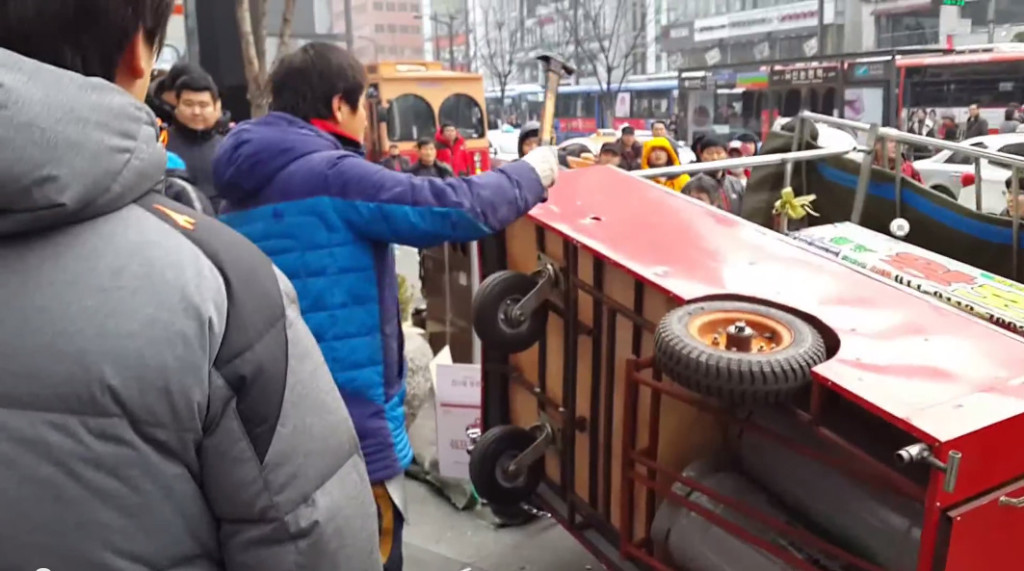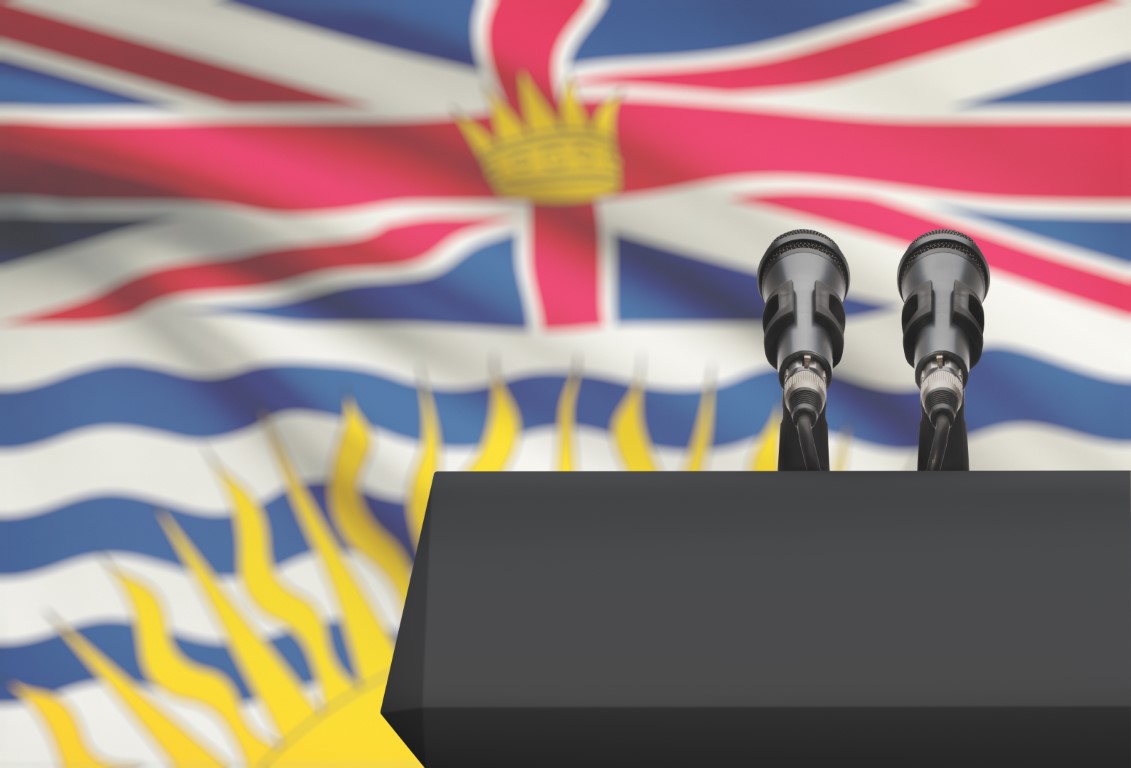Street vendors in South Korea’s richest neighbourhood targeted by government-hired thugs
By Patrick Vaillancourt, News Editor
The stories from the recently concluded Winter Olympic Games in Sochi have subsided, making room for new and disturbing stories coming from the host country of the Winter Games four years from now.
Residents of South Korea’s capital, Seoul, were shocked to see public servants they describe as government-hired thugs destroy several street carts in the city’s Gangnam neighbourhood.
The area, which is the richest neighbourhood on the Korean peninsula, was made famous by South Korean pop sensation Psy with his 2012 hit single “Gangnam Style.”
Street merchants are popular in South Korea, selling everything from comfort food to household supplies.
The Gangnam District Office, which is the body responsible for the governing of the neighbourhood, passed an ordinance in 2011 banning all street carts from the area, saying that it was becoming too congested for pedestrians. Despite the ban, vendors have continued to operate normally and the government had not done anything to remove them. The street vendors, when asked by the public servants why they had not moved before the crackdown became necessary, could be heard saying that they “do this for their livelihoods.”
On February 27, civil servants took to Gangnam with sticks and batons, vandalizing and flipping over the street carts and tents. According to Joseph Kim of AsianCorrespondent.com, local police are calling it a “special crackdown of illegal stalls” that “threatened public security.”
In all, the district office hired 50 people to orchestrate and execute the crackdown, which took place despite the protests from vendors and merchants. Police units were on hand throughout the crackdown but did not intervene.
The Gangnam area is already the richest area of the country, and is home to many of Korea’s economic powerhouses like Hyundai and Samsung headquarters. It is also a very popular spot for foreign tourists, as Gangnam’s nightlife is touted as one of the best experiences in Northeast Asia.
Korean officials are keenly aware that the eyes of the world will soon descend on their country, as 2018 Winter Olympic Games are headed to Pyeongchang, a county 180 kilometres east of the capital.
Efforts to rid areas such as Gangnam of traditional street vendors may come as the country tries to reinvent itself as a modern society with a heightened quality of life.
South Korean President Park Geun-hye has an ambitious plan to raise her country’s standards, proposing a number of costly welfare programs and tax reforms which will require Koreans to pay higher taxes. Street vendors typically do not pay for the land they operate on, nor do they pay into sales taxes, but they are required to pay for business licences.


